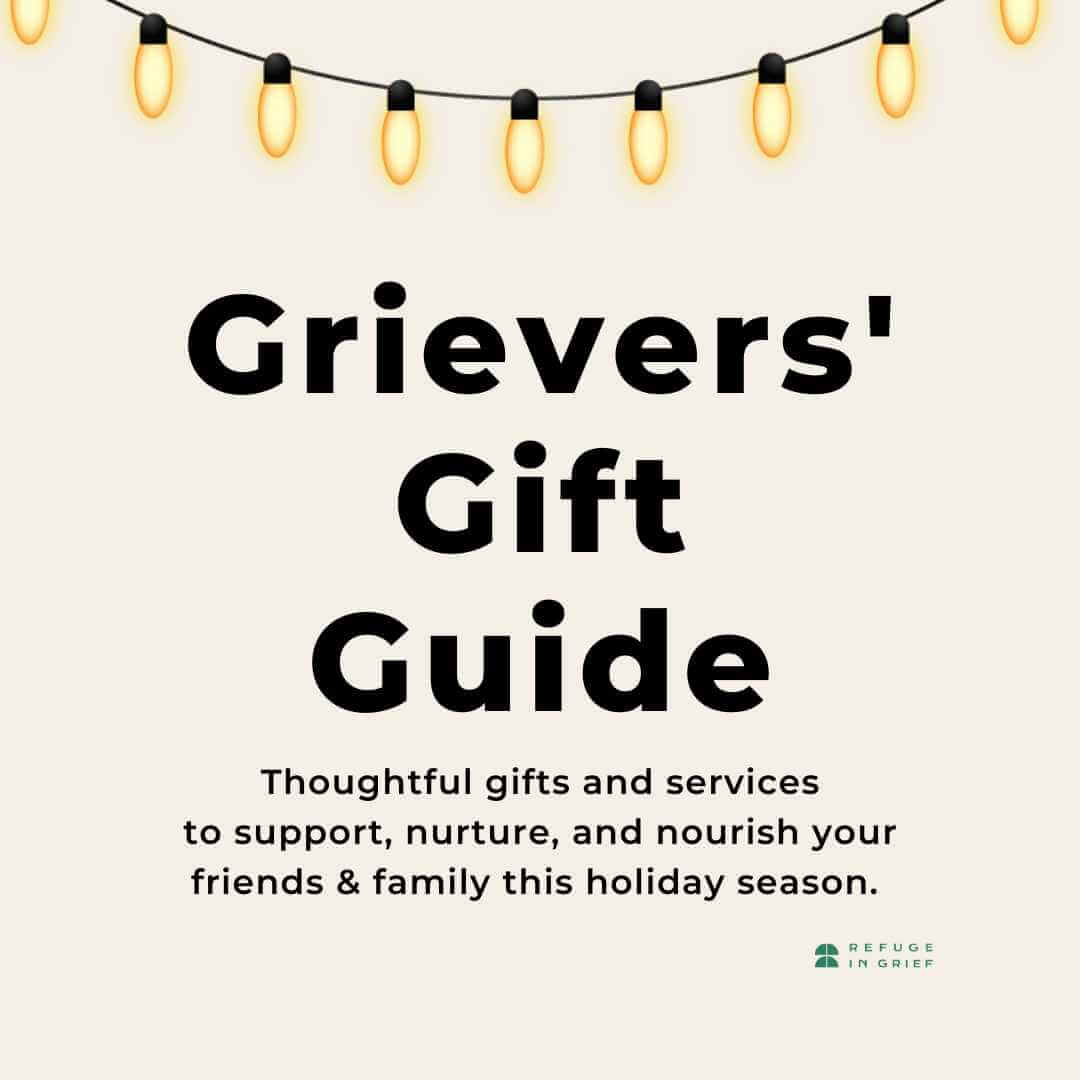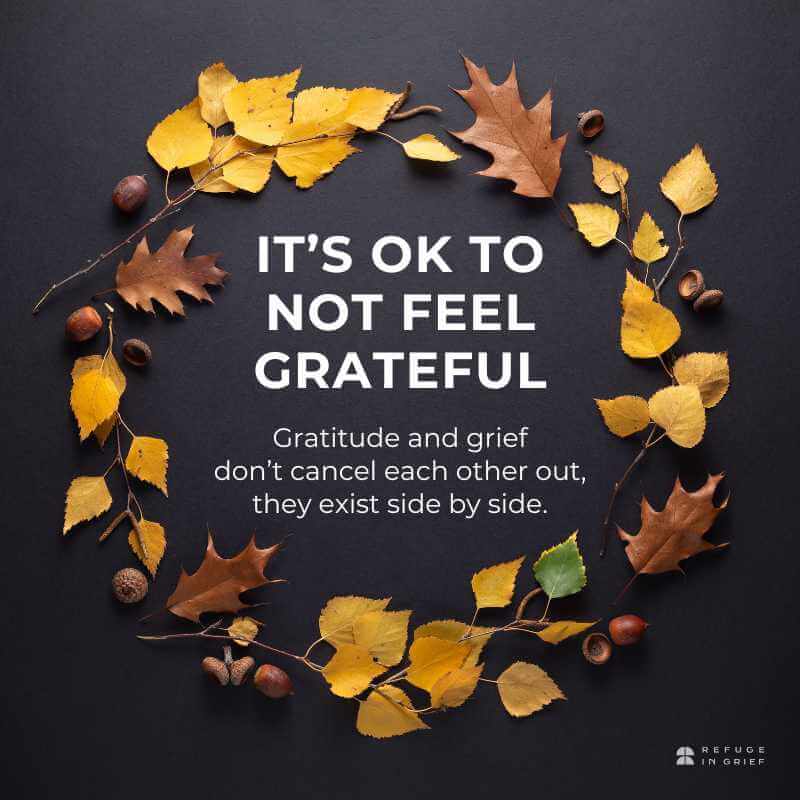LGBTQIA+ Inclusive Pride = Inclusive Grief
The fight for LGBTQIA+ rights is not over. Violence against trans folks, especially Black trans people, continues to rise, year after year. And it’s not just targeted violence: barriers to appropriate health care result in adverse health outcomes and cause thousands of preventable deaths.
In death, trans folks (like much of the queer community), are often misidentified or have their identities erased by distant family members who have more legal rights than their friends and chosen family.
Even within the queer community, people still insist on barricades and entrance requirements, deciding who gets to be celebrated and who does not. Shame, isolation, and exclusion contribute to suicidality, depression, anxiety, and substance addiction.
Trans rights are human rights, in life and in death.
If we want a more compassionate culture for our own losses, we have to make compassion an abundant resource. That means sharing and showing compassion for everyone, whether or not you personally believe their grief is valid.
You don’t have to understand someone in order to be kind, nor to believe in their right to exist, safely, in this world.
No matter where you are in your own grief, if you’re in a place where you’d like to learn to be a better ally (I’m in that camp!), here are some tips from the LGBTQIA Resource Center of UC Davis.
To learn about the history of Pride check out the resources at queerhistory.com (they’re on IG at @lgbt_history) and check out the amazing work of Black trans activists such as Raquel Willis, Jari Jones, Aaron Philip, and Devin-Norelle (to name just a few).
PS: If you aren’t capable of being kind and inclusive in the comments on this page (or any of my social media pages), your comments will be deleted and you’ll be banned. I have no time for hate.
If you’re in crisis, call the U.S. National Suicide Prevention Lifeline, a free, 24-hour hotline, at 1.800.273.8255. The Trans Lifeline Hotline is 877-565-8860. If your issue is an emergency, call 911 or go to your nearest emergency room. Additional helplines – including those outside of the US – can be found here.
If we want a more compassionate culture for our own losses, we have to make compassion an abundant resource. That means sharing and showing compassion for everyone, whether or not you personally believe their grief is valid. Click To Tweet

